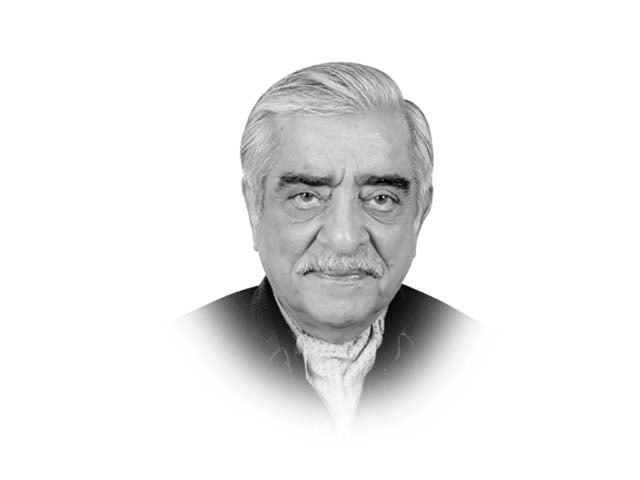What does Pakistan want in Afghanistan?
When Taliban ruled most of Afghanistan, they were seen as dependent on Pakistan & we discovered limits of influence.

Pakistan was seen as the root of all of Afghanistan’s problems by the Northern Alliance. Ahmad Shah Masood masterminded the attack on our embassy in September 1995, in retaliation for the assistance that Pakistan had allegedly rendered to the Taliban in conquering Herat.
In fact, Pakistan recognised the danger of continued ethnic strife, its impact on our tribal areas and on our domestic polity. (In August, 2001, just a month before 9/11, Deputy Secretary of State Armitage talked of a new relationship with Pakistan based on preventing the ‘Talibanisation of Pakistan’.) In 1992, we tried to get the Mujahideen parties to agree to a power sharing arrangement pending elections. This effort was frustrated partly by the personal ambitions of the Mujahideen leaders and partly because the right ethnic balance could not be struck — the Iranians stressed that 30 per cent of the posts should go to the Shias even while the Hazaras, the principal Shia group in Afghanistan, represented no more than eight per cent of the population and Hikmatyar, our protégé, refused to accept even temporarily a lead role for Rabbani’s Tajik Jamaat-e-Islami.
In 1996, after the Taliban conquest of Kabul, we proposed a ceasefire, an exchange of prisoners and an eventual power sharing arrangement between the Taliban and the Northern Alliance. This foundered on the rocks of Taliban intransigence which owed in part to ideology, in part to their belief that the Pakistani effort was not backed by all power centres in Pakistan and in part to the conviction that outside powers supporting the Northern Alliance would sabotage good faith negotiations.
When the Taliban ruled most of Afghanistan and were seen by the rest of the world as wholly dependent on Pakistan, we discovered the limits of the influence we could exercise. They dismissed any notion of formalising the Durand Line, claiming that “between the ummah there could be no borders”, rejected our pleas to spare the Bamiyan statues and perhaps, most importantly, refused to hand over Pakistani extremists such as Riaz Basra who had sought shelter in Afghanistan. After 9/11, they dismissed yet again our pleas that they should surrender Bin Laden and spare their country and ours the devastation that was otherwise bound to come from a vengeful US.
After 9/11, Pashtuns in the north of the country became the victims of reprisal attacks by the Tajiks and Uzbeks. At the Bonn conference, the Pashtuns were politically marginalised in a country in which, contrary to currently accepted figures, they were a majority and not just a plurality. This gave the Taliban the chance to rebuild a base of support based not on their rigid and alien ideology but on their self-assigned role of being the flag-bearers of Pashtun nationalism. Yet at no time during the 33-years of strife did any Afghan leader ever suggest that Afghanistan be split into two or more parts.
This necessarily selective recollection of Afghanistan’s political history has lessons to offer for determining what Pakistan can and should want in Afghanistan. First and perhaps most important, no Afghan leader is prepared to endorse or countenance the break-up of the country on ethnic lines but the days of Pashtun let alone Taliban domination cannot be resurrected. Second, a power-sharing arrangement will come only when the Afghans can sit together and be sure that there will be no external interference. Third, no Taliban or other Pashtun leader will easily give ground on the irredentist claims against Pakistan. The Taliban limit their ambitions to Afghanistan but their definition of Afghanistan includes large parts of Pakistan. Fourth a dominant Taliban presence on our borders will be an ideological threat. Today we may believe there is a distance between the TTP and the Afghan Taliban. We may be right in suggesting that the TTP largely comprises criminal elements and derives support from inimical external agencies. But let us not forget that most of them proudly proclaim their sworn loyalty to Mullah Omar and profess to want the imposition of the same Taliban ideology in Pakistan.
Published in The Express Tribune, December 28th, 2011.












COMMENTS
Comments are moderated and generally will be posted if they are on-topic and not abusive.
For more information, please see our Comments FAQ